How Novelty Boosts Creativity
February 16, 2021
Note From Rochelle
Dear Writers,
Today’s post is about how I hit the wall last week and what I’ve done to cope with being in lockdown for a year. I hope it brings you some new ideas and just a little happiness! If you like it, please share!
Enjoy!
Rochelle
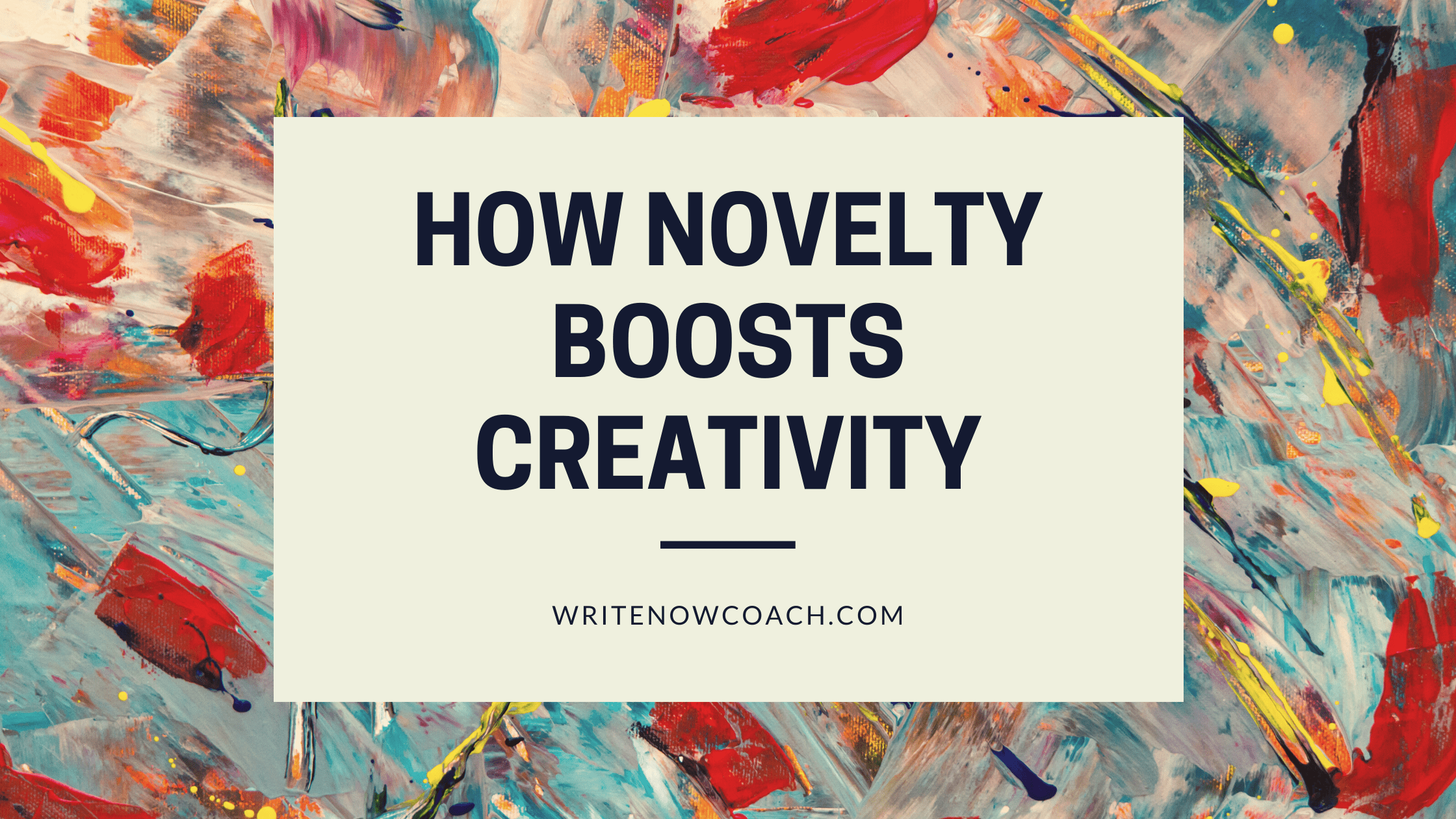
How Novelty Boosts Creativity
by Rochelle Melander
I hit the wall last week.
No wonder.
As of today, I’ve spent 340 days stuck in my house.
Over the past few weeks, we’ve become “Icebound,” after Mother Nature dumped loads of snow on us and then the temperatures plummeted to way below zero.
I’m finding it difficult to be creative.
In any normal year, I’d combat the February blues with an outing—a visit to the Milwaukee Art Museum to see new art or a trip downtown to watch a play.
But that’s not happening this year.
Even so, we need novelty to be creative. Several years ago, I wrote about how new experiences benefit us in my article, Stuck: Proven Tools to Boost Creativity. Here’s a little bit of the science behind novelty and creativity:
Creativity is connected to neuroplasticity—the brain’s potential to reorganize itself, creating new neural pathways. According to an article by science writer Brent Crane in The Atlantic:
Neural pathways are influenced by environment and habit, meaning they’re also sensitive to change: New sounds, smells, language, tastes, sensations, and sights spark different synapses in the brain and may have the potential to revitalize the mind.
When we experience something new, our brain releases dopamine. When our brain releases dopamine, it increases our desire to explore new things and receive a reward. What a lovely cycle! And we can kick it into high gear by purposefully seeking new experiences.
But we’re in lockdown, you say.
Yup. I’ve put together a list of lockdown proof ways to boost your creativity. See if anything appeals to you.
Learn a Craft
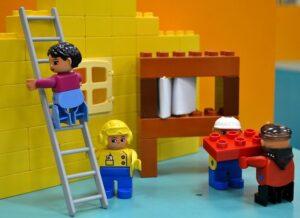 A recent study demonstrated that seniors who learned a new skill, like quilting or Photoshop, improved their cognitive function. But the benefits don’t stop there. Repetitive crafts, like crochet, can reduce stress as effectively as meditation. Plus, research shows that crafting can have a dopamine effect, improve our sense of self-efficacy, and reduce our chances of developing cognitive impairment as we age. Middle grade author Karla Manternach has taken up LEGO building to boost her creativity. This inspired me—of course—and I just might order a LEGO kit myself.
A recent study demonstrated that seniors who learned a new skill, like quilting or Photoshop, improved their cognitive function. But the benefits don’t stop there. Repetitive crafts, like crochet, can reduce stress as effectively as meditation. Plus, research shows that crafting can have a dopamine effect, improve our sense of self-efficacy, and reduce our chances of developing cognitive impairment as we age. Middle grade author Karla Manternach has taken up LEGO building to boost her creativity. This inspired me—of course—and I just might order a LEGO kit myself.
Grow a Plant
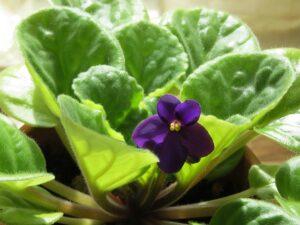 I’ve been reading up on the benefit of plants. According to research, just having plants at your workplace—which for most of us is our home—increases productivity, improves the air quality, and can boost creativity. Over the past few months, I’ve been adding to my plant collection. Having something new to watch and nurture is helping me experience some sense of novelty.
I’ve been reading up on the benefit of plants. According to research, just having plants at your workplace—which for most of us is our home—increases productivity, improves the air quality, and can boost creativity. Over the past few months, I’ve been adding to my plant collection. Having something new to watch and nurture is helping me experience some sense of novelty.
Move Your Body
 We know that exercise boosts creativity and productivity. Art Kramer, a neuroscientist at the University of Illinois, found that just 45 minutes of exercise three days a week increased the volume of the brain. If you’re stuck inside, try giving your body a treat and explore a new form of exercise. Instead of hopping on the treadmill or bike, take a line-dancing class, try a hip hop video, or power walk your way to fitness! But don’t stop there—try Hula Hoop Zumba or a Sword-fighting workout.
We know that exercise boosts creativity and productivity. Art Kramer, a neuroscientist at the University of Illinois, found that just 45 minutes of exercise three days a week increased the volume of the brain. If you’re stuck inside, try giving your body a treat and explore a new form of exercise. Instead of hopping on the treadmill or bike, take a line-dancing class, try a hip hop video, or power walk your way to fitness! But don’t stop there—try Hula Hoop Zumba or a Sword-fighting workout.
Shake up your routines
I am the queen of schedules—I love sticking to a routine. But, in the midst of a global pandemic, after 340 days of doing the same things in the same place, I’m so bored! So, do whatever you can to switch it up:
- Write in a different place or at a different time of day.
- Set up a new background for your online meetings.
- Rearrange furniture (my husband hates this idea) or rearrange rooms (he hates this more!).
- Try new recipes.
- Eat in a different place in your house—try the kitchen counter, dining room table, or the living room floor.
- Wear the clothes you rarely wear for at least one day. If you hate it, then toss it!
- Play new music while you cook or clean.
- Read a totally different kind of book. (Honestly, with a library card you have access to just about anything—so try something you don’t usually pick.)
- Swap your view for one on the other side of the world!
Write something new
I’ve started to pursue novelty both for my mental and creative health. When I’m stuck in a rut in my life, my writing suffers. One way to solve this? Try writing something completely different.
- Try a new genre.
- Change up the game in your current genre. If you usually write nonfiction, try writing a different kind of nonfiction. If you tend to write cozy mysteries, how about writing a thriller?
- Give your current project a twist. Maybe you’re writing a novel. How could you add poetry to it? Or comics?
- Play with opposites. If you tend to write without researching, choose a project that requires research. In the same way, if you tend to over-research, choose a project that you don’t need to do much research for.
- What about outlining? Pantsers—give it a try. Outliners, try going without!
- Try writing exercises to challenge yourself.
Try This!
But how will you incorporate all of this newness?
Any way you want.
Here’s one way that I’m planning on trying out novelty.
Last year before lockdown, I gave a talk at the library about how to boost happiness. I shared Professor Fred Bryant’s tool, The 20-minute Vacation Exercise. In this exercise, you carve out time each day to do something you love or something new to you—anything that brings you joy. During those 20 minutes, while you bead or knit or build a LEGO White House, notice what you enjoy. At the end of the time, intentionally plan the next day’s vacation. At the end of the week, look back on all of your “vacations” and recall what you liked best about each one. Then start planning the next set of novelty!
For more inspiration, check out some of the stories that inspired me:
Dr. Lissa Rankin, Why Lockdown Could Be Turning Your Memory to Mush
LifeHacker: Novelty and The Brain: Why New Things Feel So Good
WiseBread: 25 Ways to Make Your Life More Interesting



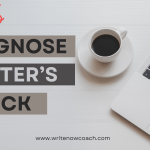
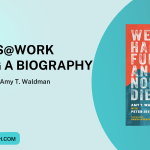
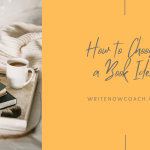

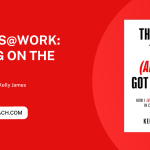







What a timely and superb post, Rochelle. This is one to save and reread over time, because this will surely not be the last of our restricted, enclosed, mind-numbing periods in life!
Thank you, Sandy! I wish you much joy and whimsy during these days.
So timely and helpful. Thank you Rochelle
Thank you for stopping by, Tina! I hope you are hanging in there with the surprise snow!